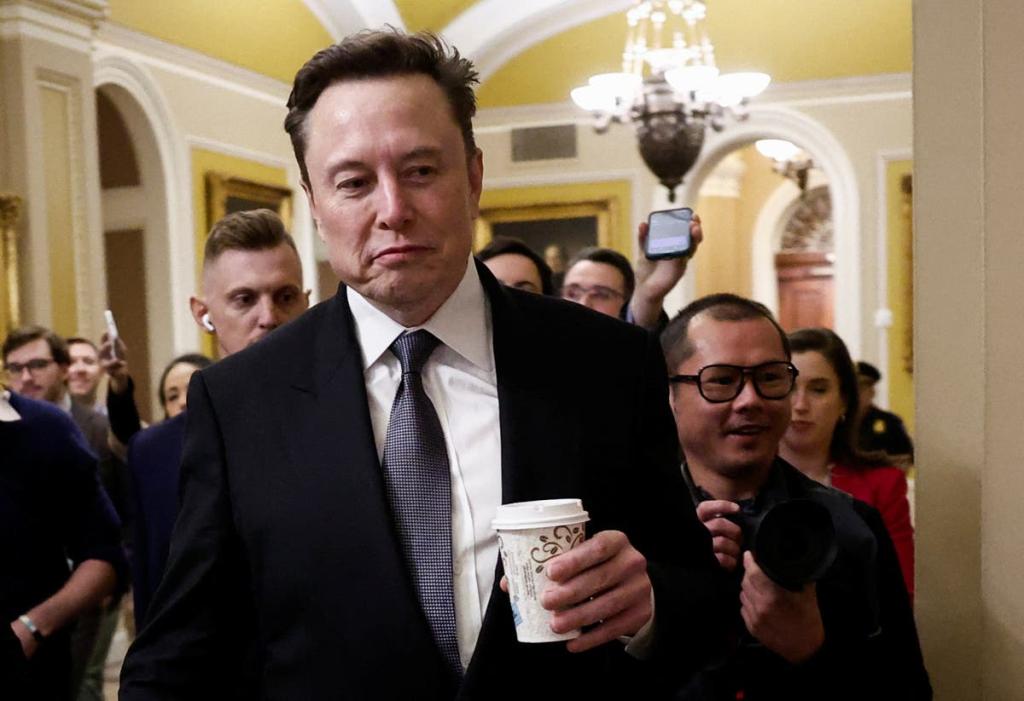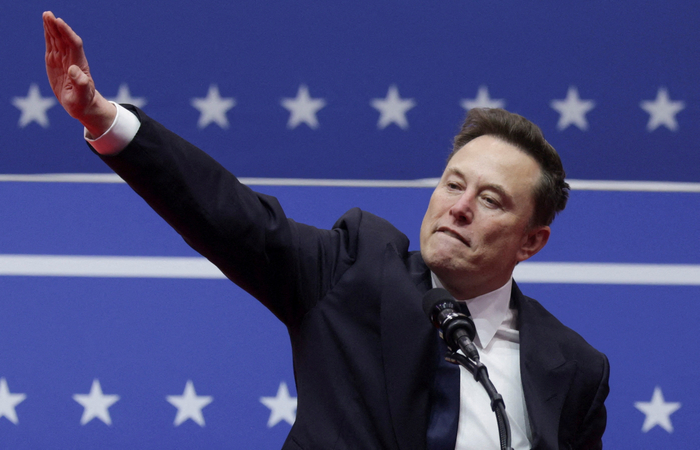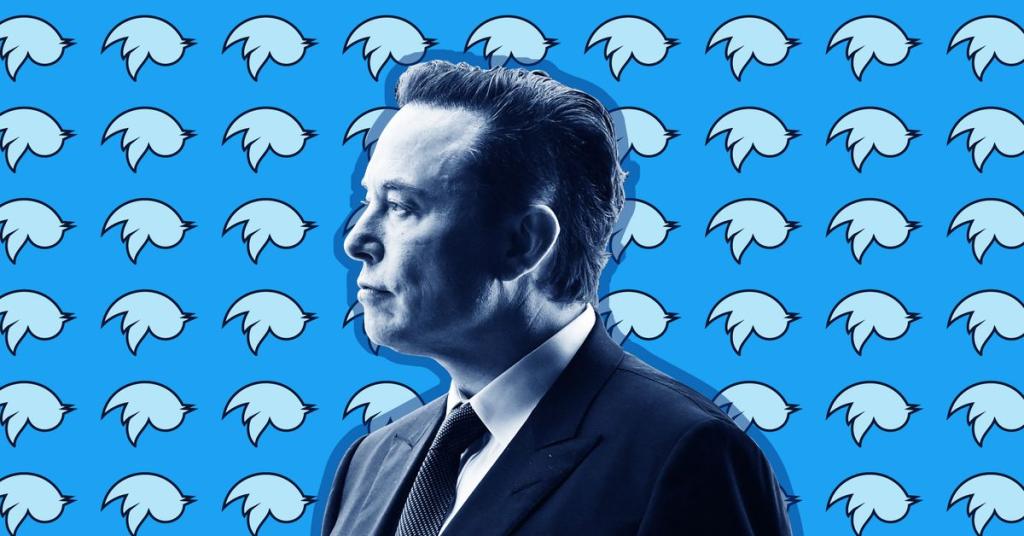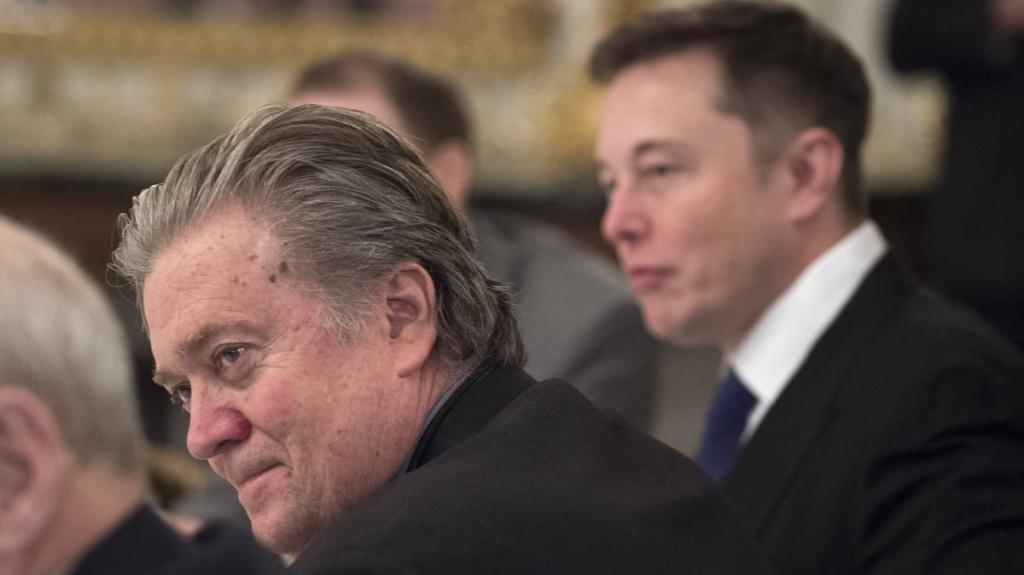Elon Musk Backs AfD Sparking Debate Ahead of German Elections
Elon Musk’s support for Germany’s AfD ignites fierce debate on free speech and populism, reshaping the political landscape ahead of elections.
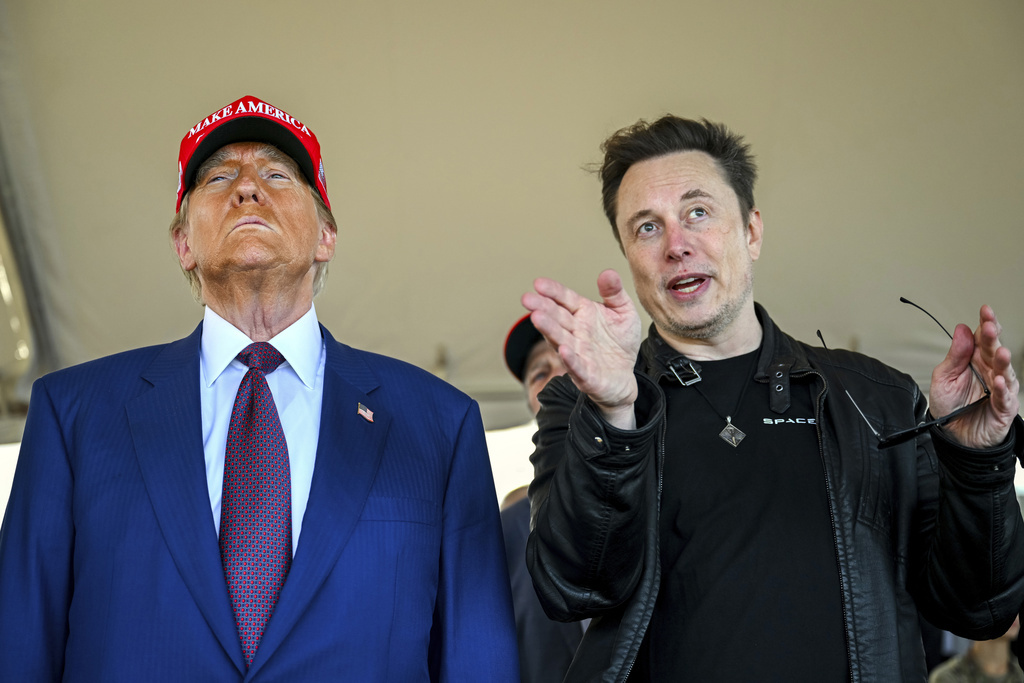
Key Points
- Elon Musk
's op-ed supporting Germany's AfD highlights growing populist sentiments and criticisms of mainstream political narratives.
- The controversy surrounding Musk's endorsement led to the resignation of the opinion editor at Welt am Sonntag
, igniting a debate on journalistic integrity.
- As Germany approaches early elections, Musk's comments emphasize the intersecting issues of free speech, immigration policy, and the potential influence of wealthy figures in politics.
Recently, Elon Musk, the CEO of Tesla and a prominent tech entrepreneur, has ignited a firestorm of debate by publicly supporting Germany's far-right political party, the
(AfD). In a guest op-ed for the German newspaper Welt am Sonntag, Musk boldly declared the AfD as "the last spark of hope for this country", stirring both admiration and outrage across various sectors of society. This piece, coming ahead of Germany's pivotal early elections, has not only drawn public scrutiny but also led to the resignation of the newspaper's opinion editor in protest.
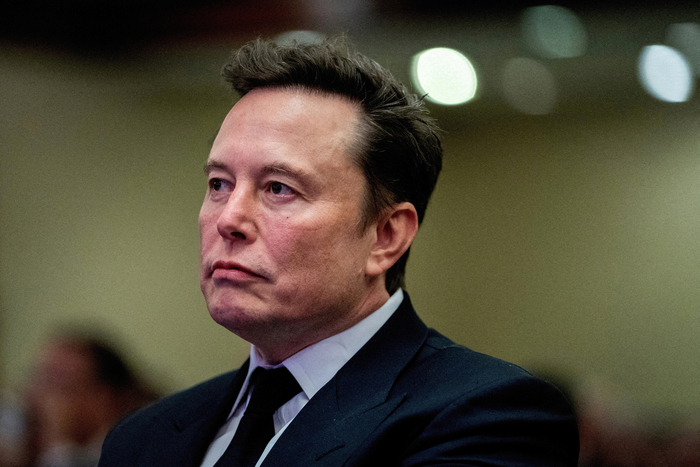
Background on the AfD
The AfD, established in 2013, has transformed from a fringe party to a significant player in German politics, especially with its strong anti-immigration stance. The party gained traction by addressing the concerns of many Germans who feel marginalized by mainstream political discourse. According to recent polls, the AfD has consistently been a top contender, reflecting a growing sentiment among the populace against immigration and globalization.
Musk's characterization of the AfD resonates with a segment of citizens who believe their concerns over issues such as cultural integrity and economic stability are not adequately addressed by the governing coalition. This sentiment is significant, as it highlights a rift between traditional political establishments and the rising populist sentiments in Europe.
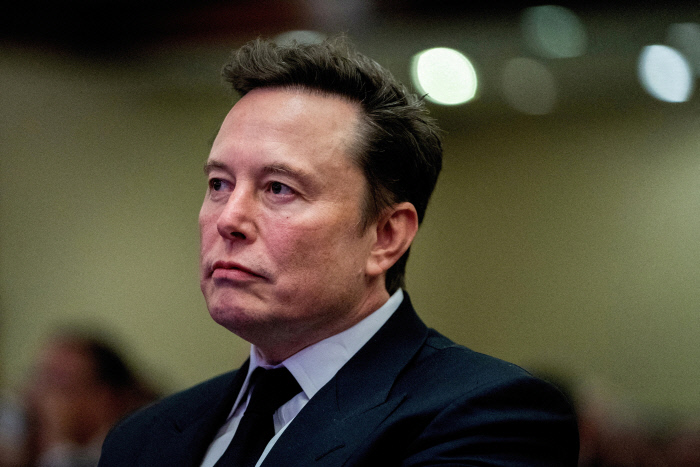
Musk's Commentary and its Implications
In his op-ed, Musk defended the AfD against accusations of extremism, pointing out that the party leader,
, has a same-sex partner from Sri Lanka. He provocatively questioned whether this association could indeed be likened to Hitler's ideologies, suggesting that the portrayal of AfD as a purely extremist faction is misleading. Musk's opinion challenges the prevailing narratives in the media and politics, presenting an alternative viewpoint that has become increasingly relevant in today’s political discourse.
Musk's comments provoke a critical examination of the extent to which free speech should allow the endorsement of controversial political views. The backlash was swift—Eva Marie Kogel, the opinion editor of Welt am Sonntag, resigned in protest, underscoring the internal conflict such endorsements create within media organizations. This incident raises vital questions about journalistic integrity and the boundaries of opinion pieces in politically charged climates.

The Broader Context of Free Speech
The situation illuminates broader tensions surrounding free speech in contemporary society. With radical shifts occurring globally, voices like Musk's, albeit highly polarizing, reflect a rising populist sentiment that cannot be ignored. His financial investments in Germany give him a platform to express his views, which complicates the narrative further—highlighting the intertwining of wealth, influence, and political opinion.
As the elections approach, the ramifications of Musk's support for the AfD could be significant. The political landscape in Germany is increasingly fluid, and the moderate parties are cautious about any alliances, ensuring that they do not engage with the AfD amidst fears of legitimizing extreme views. This caution speaks volumes about the party's polarizing reputation and the challenges it faces in gaining acceptance within the political establishment.
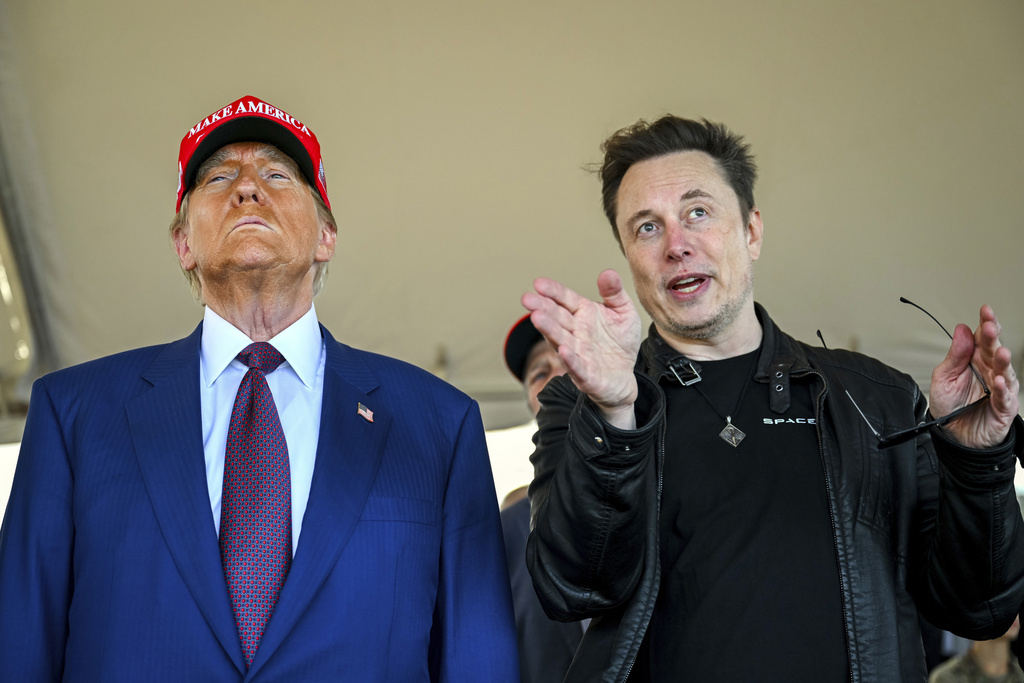
Future Implications for German Politics
The endorsement of a party like the AfD by a high-profile figure such as Musk complicates an already contentious political environment. The AfD's hardline stance on immigration could gain traction with those who share similar sentiments across Europe, especially as demographics shift and the conversation around immigration continues to evolve. Musk’s call for a "controlled immigration policy" reflects a viewpoint that could become increasingly mainstream if public opinion shifts further right.
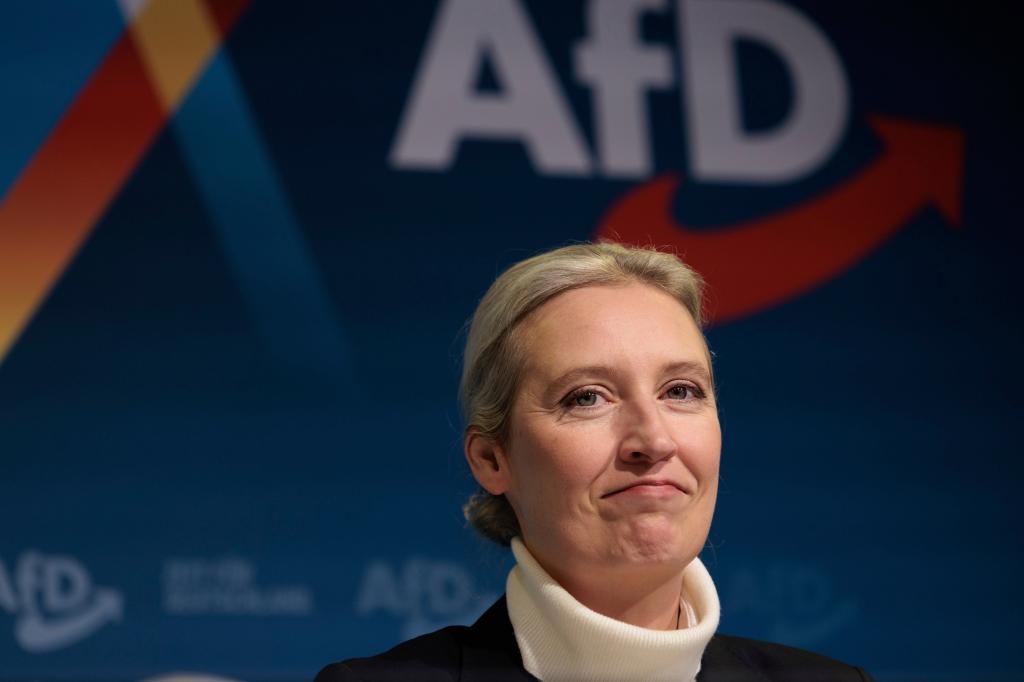
As Germany prepares for its elections on February 23, it finds itself at a crossroads. The political landscape is more fractious than ever, and decisions made in this election will resonate well beyond Germany's borders. Musk's involvement highlights the increasingly global nature of local politics, where opinions and events reverberate across nations and inspire movements.
In wrapping up, Musk's support for the AfD has opened up a Pandora’s box of discussions surrounding free speech, journalistic integrity, and the far-reaching effects of populism in today’s society. As this political drama unfolds, it will be interesting to see how the German electorate responds and what implications it holds for the future of European politics.
